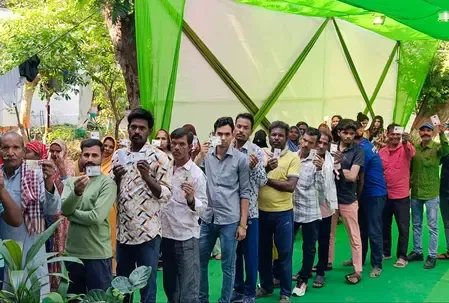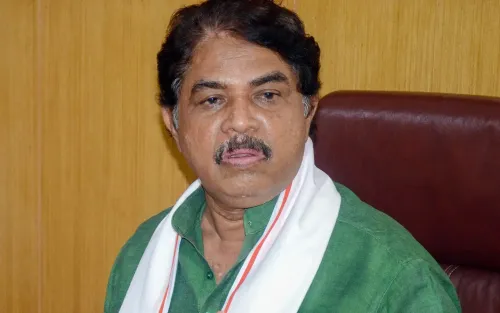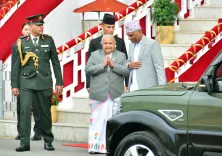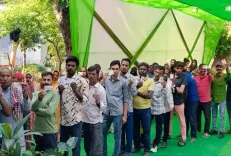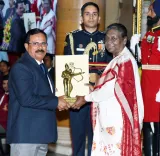Union Budget Boosts Ministry of Textiles with 19% Increase
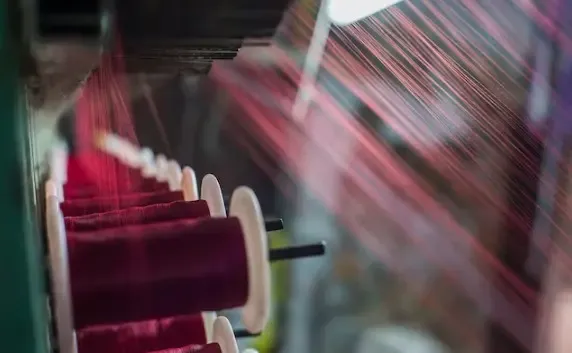
Synopsis
Key Takeaways
- 19% budget increase for textiles
- Introduction of a Cotton Mission
- Support for farmers through science and technology
- Boost in technical textiles production
- Extended export period for handicrafts
New Delhi, Feb 1 (NationPress) The Union Budget revealed on Saturday a significant 19 percent increase in the Budget Estimates for the Ministry of Textiles for the fiscal year 2025-26, totaling Rs 5,272 crore, compared to the previous year's estimates of Rs 4,417.03 crore for 2024-25.
The Ministry of Textiles stated that to tackle the issues of stagnant cotton productivity, a five-year Cotton Mission has been introduced to enhance cotton productivity, particularly focusing on extra-long staple varieties.
According to the Ministry, science and technology support will be made available to farmers under this initiative, aimed at increasing farmer incomes and ensuring a consistent supply of high-quality cotton.
This initiative is designed to improve domestic productivity, thereby stabilizing raw material availability, decreasing import reliance, and boosting the global competitiveness of India’s textile sector, where 80 percent of the capacity is sustained by MSMEs.
In a bid to foster domestic production of technical textile products like agro-textiles, medical textiles, and geotextiles at competitive pricing, the budget has included two additional types of shuttle-less looms to the list of fully exempted textile machinery.
The duty on Shuttle-less loom Rapier Looms (under 650 meters per minute) and Shuttle-less loom Air jet Looms (below 1000 meters per minute) has been reduced to nil from the previous 7.5 percent.
This change will lower the cost of high-quality imported looms, facilitating modernization and capacity expansion efforts in the weaving sector while also promoting Make in India in the technical textile domain, including agro-textiles, medical textiles, and geo-textiles, the Ministry highlighted.
The basic Customs Duty on knitted fabrics across nine tariff lines has been adjusted from 10 percent or 20 percent to 20 percent or Rs 115 per kg, whichever is higher.
This adjustment will enhance the competitiveness of Indian knitted fabric producers and help curb low-cost imports.
To support handicraft exports, the export period has been extended from six months to one year, with an option for an additional three-month extension if needed.
India ranks as the sixth-largest exporter of textiles and apparel, having exported textile goods valued at $34 billion in 2023, employing over 45 million people directly.

